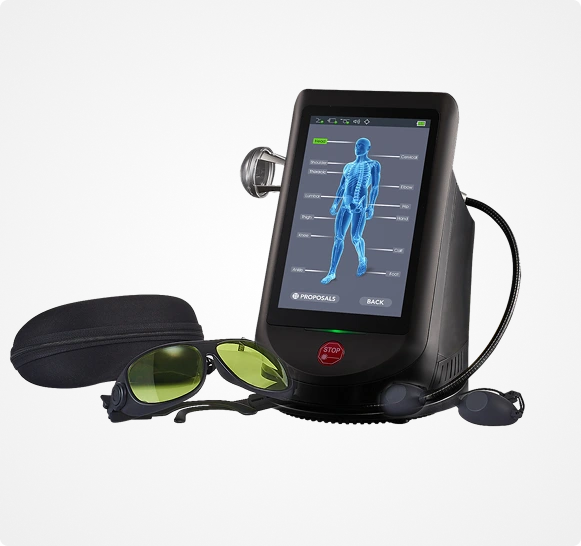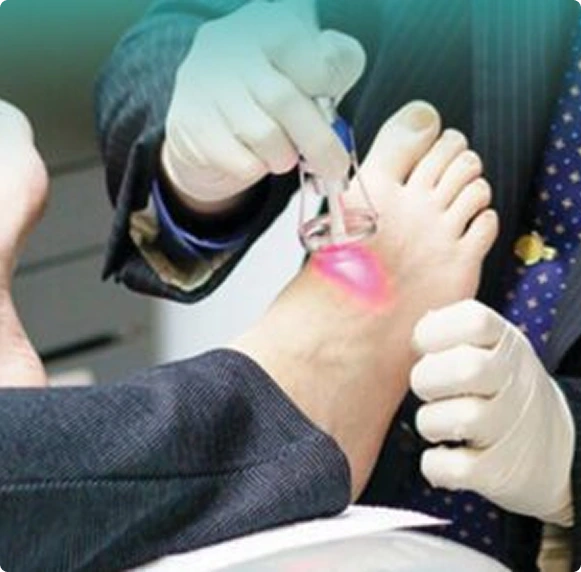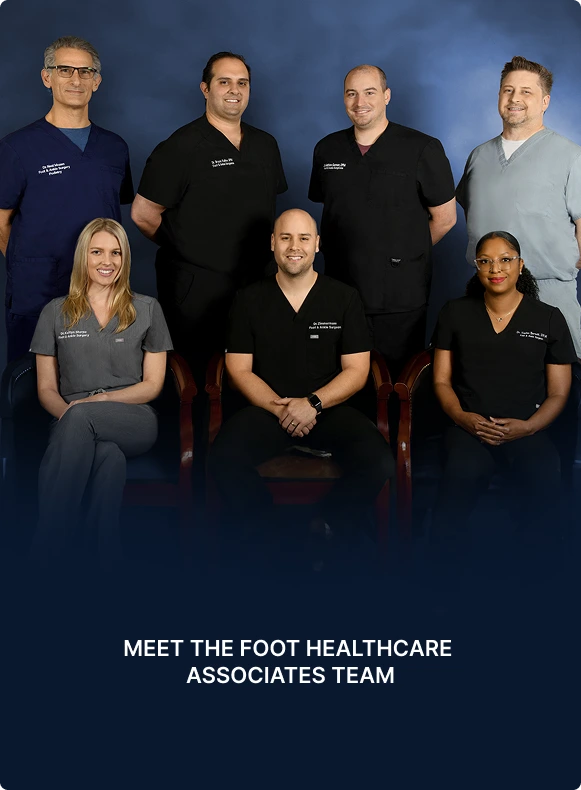
Plantar Fasciitis
Plantar Fasciitis
Heel Spurs
Achilles Tendonitis
Arthritis and Joint Pain
Tendon and Ligament Injuries
Neuropathy
Post-Surgical Foot Pain
General Heel or Arch Pain

The REMY laser stimulates a process known as photobiomodulation, which promotes healing at the cellular level. When directed at the affected area, the laser:
Most patients experience a warming sensation during treatment and notice pain reduction and improved mobility within a few visits.
Immobilization and Bracing
Physical Therapy and Rehabilitation
Medications and Pain Management
Regenerative Medicine (PRP Therapy)

To protect the tendon, the foot is immobilized in a cast, splint, or walking boot.
Crutches or a knee scooter may be necessary to avoid putting weight on the affected leg.
Patients should keep their feet elevated and apply ice to reduce swelling.
Pain management includes prescription or over-the-counter pain relievers.
Non-Invasive & Drug-Free
No Downtime or Recovery Period
Safe for All Skin Types
Clinically Proven Results
Faster Healing Compared to Traditional Methods

To protect the tendon, the foot is immobilized in a cast, splint, or walking boot.
Crutches or a knee scooter may be necessary to avoid putting weight on the affected leg.
Patients should keep their feet elevated and apply ice to reduce swelling.
Pain management includes prescription or over-the-counter pain relievers.

If foot pain, inflammation, or a slow-healing injury affects your daily life, REMY laser therapy may be the solution. This advanced, non-invasive treatment helps reduce pain, accelerate healing, and restore mobility without the need for surgery or medications.
Do not let foot pain control your life. Schedule a consultation today and take the first step toward long-lasting relief with REMY laser therapy.
©Copyright 2025 Foot Healthcare Associates.
©Copyright 2025 Foot Healthcare Associates.